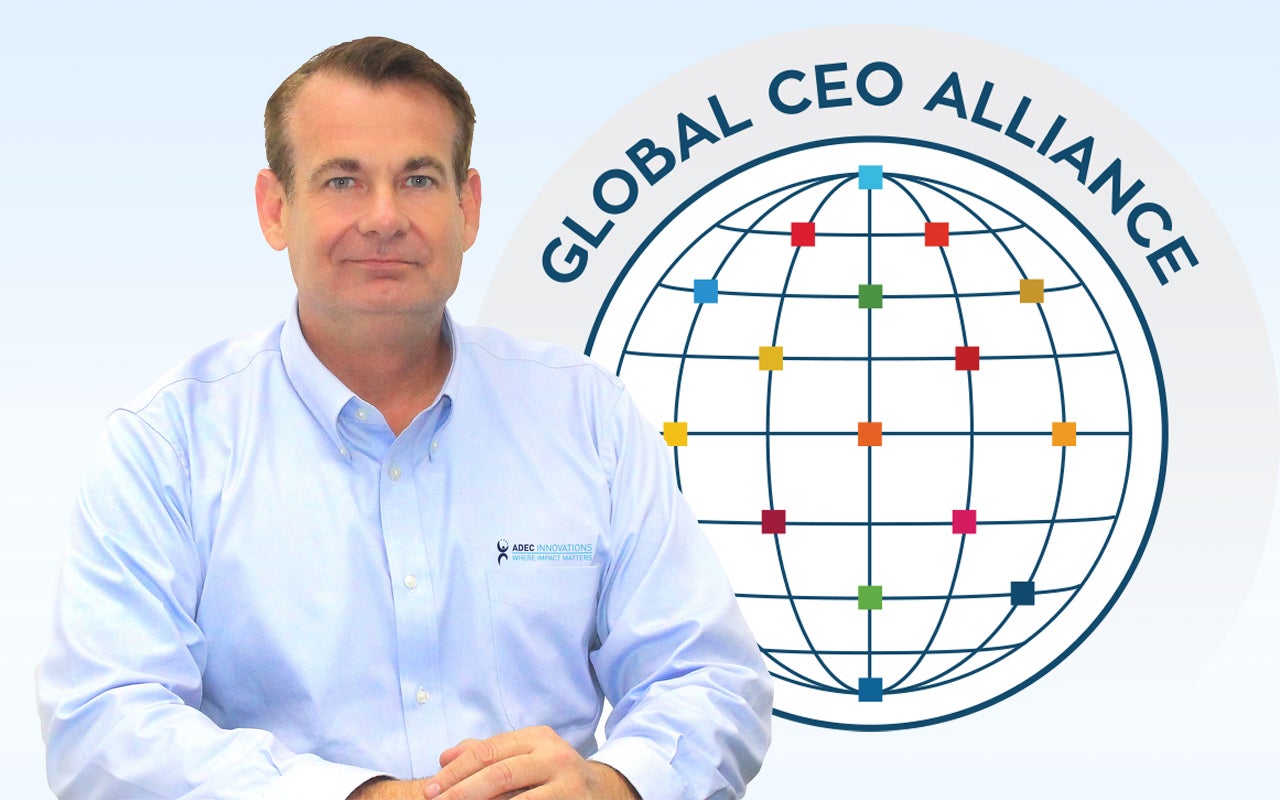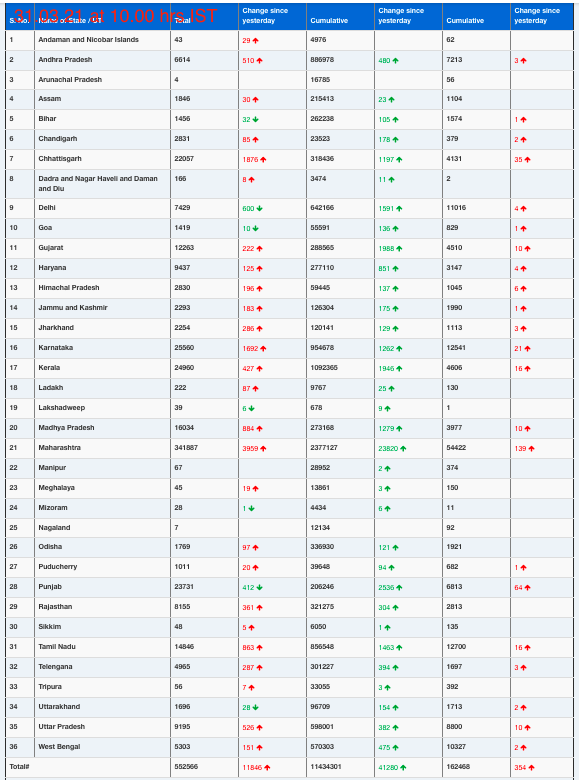A new partnership between UN-Habitat and a community of business leaders aims to support 1,000 cities to achieve the Sustainable Development Goals (SDGs) which could have a huge impact on the lives of over a billion people from developing, low and middle-income countries.
The Global CEO Alliance (GCEOA) and UN-Habitat signed a Memorandum of Understanding to support cities in achieving the SDGs. The SDGs were adopted by world leaders for national governments, but cities are now charting their performance on the achievement of the SDGs. Cities host 55 per cent of the world’s population and implementing the SDGs in cities can have positive economic, social and environmental impacts globally and improve the quality of life locally.
UN-Habitat’s SDG Cities Global Initiative supports cities to generate data, engage city residents in evidence-based strategic planning geared towards improving social, economic and environmental conditions in line with the SDGs, and implementing them through developing and financing high impact projects. The Initiative also strengthens the ability of local authorities to plan and manage their cities effectively. In order to reach its ambitious target, all data, diagnostic and training tools will be digitized and easy to access and use.
James Donovan the Chair of the Global CEO Alliance welcomed this agreement as a way to create more sustainable cities.

“This is one of the ways we can introduce innovation at a pace that will empower science, policy makers, the private sector and civil society in total along this journey of transformative change,” he said.
UN-Habitat’s Executive Director, Ms Maimunah Mohd Sharif added that: “COVID-19 has taught us the importance of accelerating the achievement of the Sustainable Development Goals in cities, making them more resilient, just and green. This requires public, private sector and civil society to urgently join forces and resources. We are delighted to be working hand-in-hand with the Global CEO Alliance to realise this ambitious initiative through the innovation and experience of its membership.”

The partnership between the two organizations centres on three key areas: city monitoring, diagnostic tools and capacity development.
A City Monitoring Toolkit will provide reliable baseline data with real-time geo-spatial information and verification through a citizen-science capability, giving it both reporting and decision-making functions.
A digitalized urban management diagnostic and an online training course platform will strengthen local systems and capacity in planning, governance, revenue and basic services delivery. Its analysis will determine gaps and inform tailored technical support and training, making use of relevant material on the Urban Agenda Platform (https://www.urbanagendaplatform.org/) and linking participating cities to others addressing similar challenges.
Through the partnership, UN-Habitat and GCEOA hope to empower cities around the globe by leveraging data to identify best practices, tools, and resources and working towards establishing sustainable practices that put people and the planet at the core.












